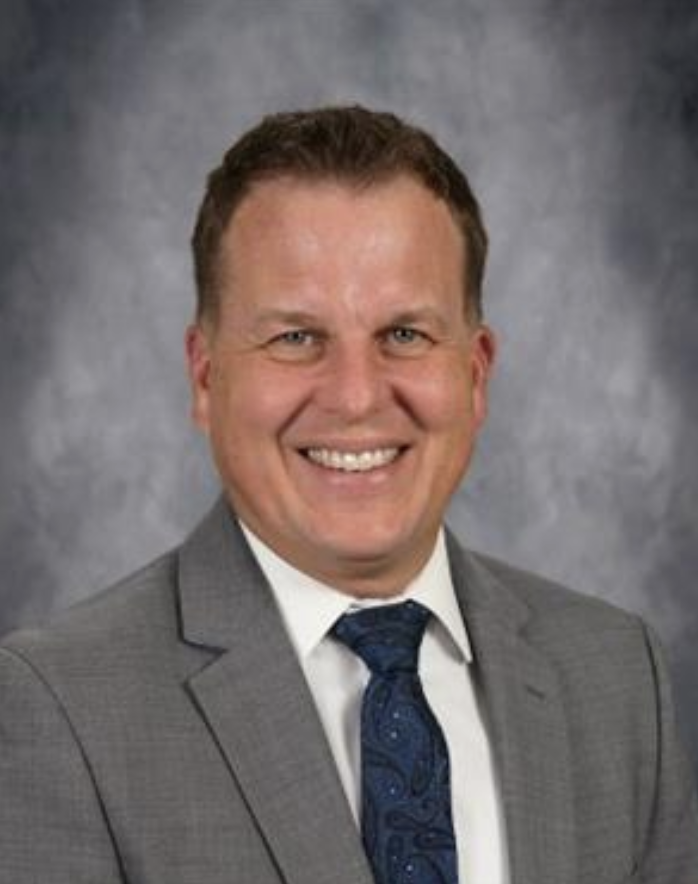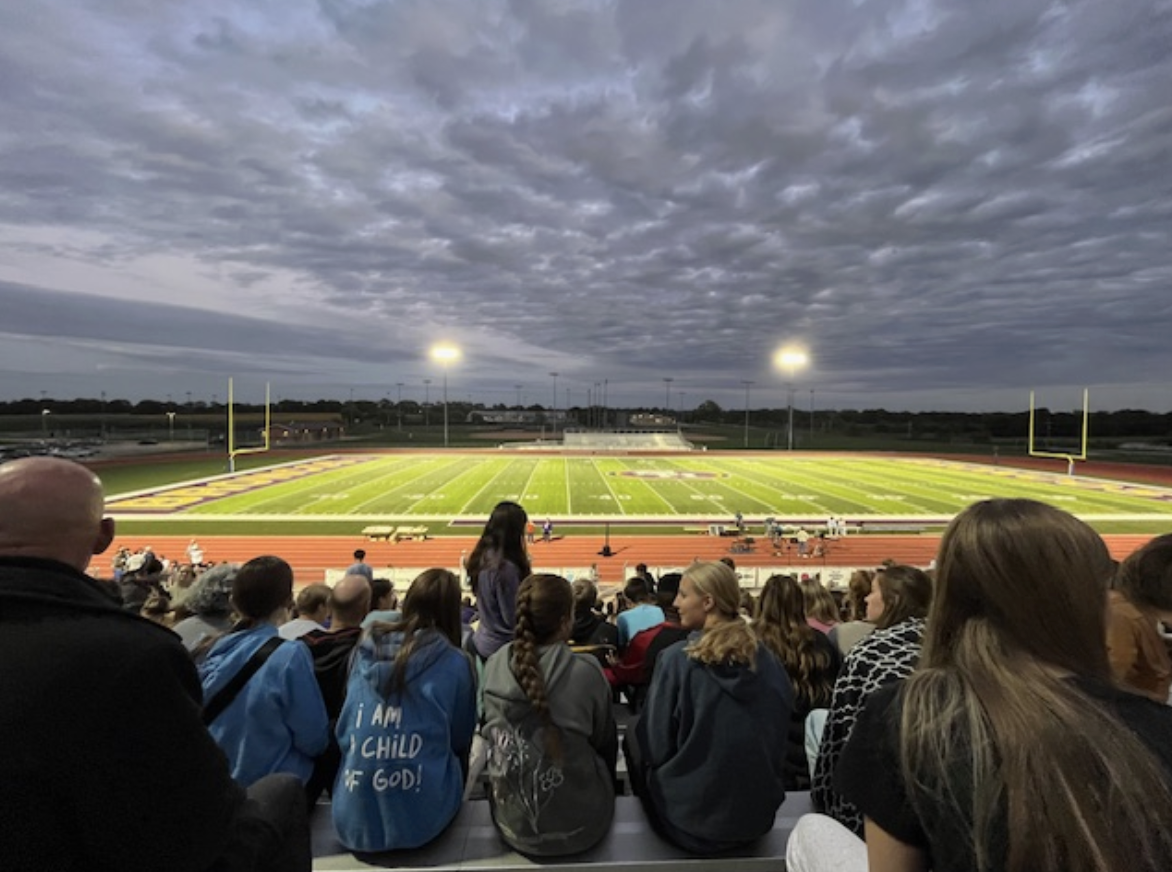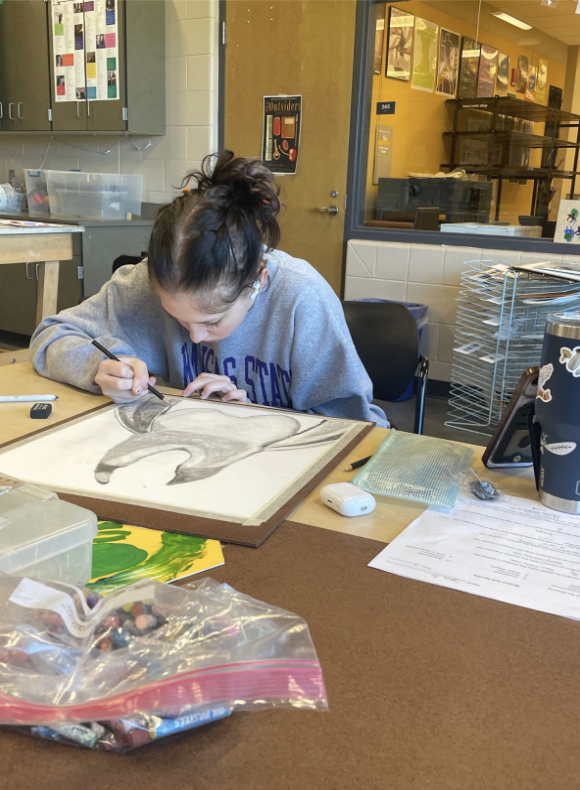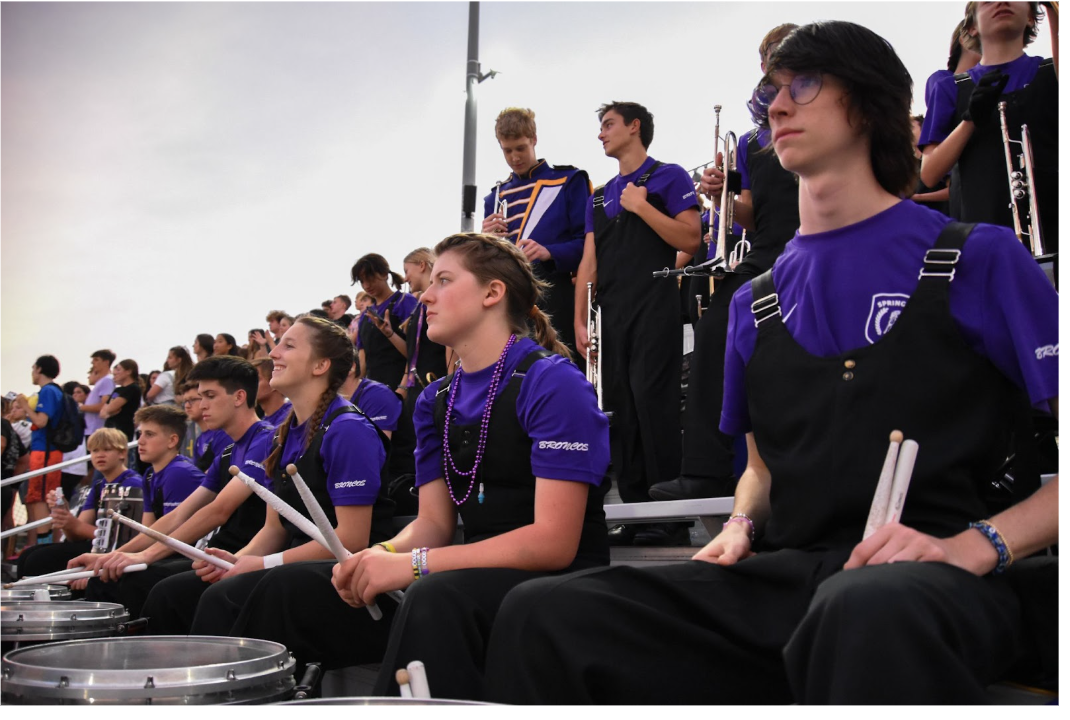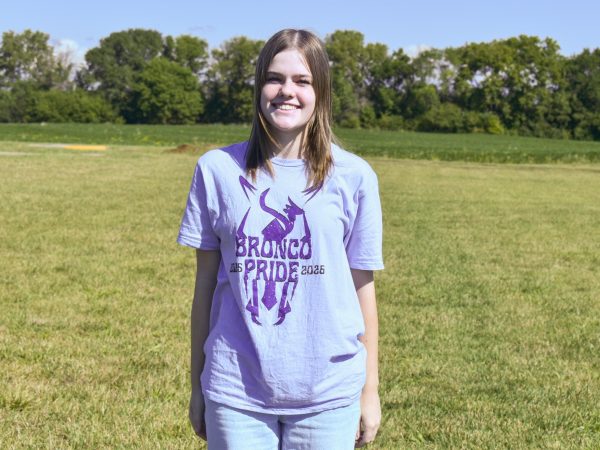Stereotypes that course throughout the world have almost become normalized within the general public, making it easy to assume that people who excel in certain fields must be fearless in the face of the very challenges their roles demand. But for many, even things that may seem like simple tasks to some–such as ordering at a restaurant or navigating through large crowds–can feel more like crippling fears for others. In the high school specifically, many probably are under the impression that the confidence of public speaking comes naturally to the principal, Marc Williams. But for Williams, it is far from that.
“I can’t remember ever approaching public speaking with full confidence, especially when I first became a high school principal,” said Williams.
As a principal, Williams’ responsibilities involve many steps, including those onto a stage in front of hundreds of people. When publicly speaking, it is a constant battle of nerves and self-doubt for Williams, which is why they have a specific routine they follow prior to facing the crowd.
“I give myself a pep talk,” said Williams. “Most of the time I have it scripted out, and I’ll read it several times before I go out there and present.”
Although this strategy has proven itself reliable several times in the past, there was always room for what seemed like a slight mistake to the audience, but didn’t prove to be as slight for Williams himself.
“I remember one of my most embarrassing moments was when I was publicly speaking in my previous job in front of friends, students, and parents,” said Williams. “My voice squeaked while I was talking and I just laughed at myself before moving on, but it has definitely stuck with me.”
Everyone has things they’re good at, or better off doing than other people, but it is never okay to create assumptions on how people “should” react to situations. This can make it difficult for individuals to find acceptance in the fears and anxious quirks they have, regardless of how “unusual” they may seem. In Williams’ case, coping with the anxiety of stepping up on stage and speaking in front of a crowd isn’t something for them to “get over”; it is simply something they have developed over time. Additionally, it isn’t a bad thing to feel anxious over something, as it can provide people with a unique perspective that they can share with others.
“[Public speaking] definitely helps me support students who share that fear,” said Williams. “Especially with students speaking at graduation; there’s over 2500 people in there and I just give them pointers on what helps me.”
While Williams may never come to terms with public speaking, their vulnerability in voicing their own struggles—while still feeling confident in their position as a leader within the school—is something that many may find inspiring and can hopefully contribute to the fall of stereotypes and assumptions within the school.


